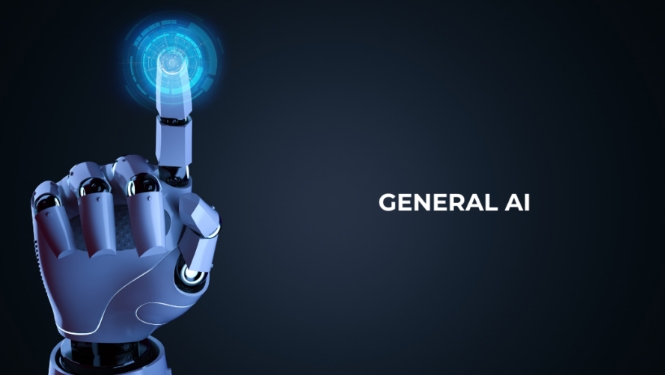Exploring General AI: The Future of Intelligence
In our rapidly advancing digital world, the concept of General Artificial Intelligence (AGI) is increasingly relevant. Unlike narrow AI, which is designed for specific tasks, AGI aims to replicate human-like intelligence across a broad range of activities. Understanding AGI can empower individuals and organizations to leverage its potential while addressing ethical considerations and the future of work.
What is General AI?
General AI refers to the capability of a machine to understand, learn, and apply knowledge in a manner indistinguishable from human intelligence. This includes reasoning, problem-solving, and the ability to understand complex ideas and adapt to new situations. While current AI systems excel in narrow domains, like image recognition or language translation, they lack the flexibility and comprehension that characterize human thought. The pursuit of AGI raises exciting possibilities, from automated scientific discoveries to enhancing everyday tasks through intelligent assistants.
Potential Applications of General AI
The implications of General AI are vast and far-reaching. In healthcare, AGI could revolutionize diagnostics and treatment plans, tailoring healthcare solutions based on an individual’s comprehensive health history and genetic information. In education, AGI-powered tools can offer personalized learning experiences, adapting to each student’s unique learning style and pace. Furthermore, businesses can harness AGI to streamline operations, improve decision-making processes, and foster innovation, ultimately driving growth and efficiency in various industries.
Ethical Considerations and Challenges
As we advance towards the reality of General AI, we must address several ethical concerns. The potential for AGI to surpass human intelligence raises questions about accountability, job displacement, and security risks. Ensuring that AGI systems are designed with ethical frameworks in mind is crucial to prevent unintended consequences. Developers and policymakers must collaborate to create regulations and guidelines that prioritize human welfare, emphasize transparency, and promote equitable access to AI technologies.
Conclusion
General AI represents an exciting frontier in the world of technology, with the potential to transform our lives in remarkable ways. Understanding its capabilities, applications, and ethical implications is vital as we navigate this uncharted territory. Stay curious, explore the world of AI, and consider how it might enhance your life or work. The future of intelligence is here, and it’s only just beginning!

